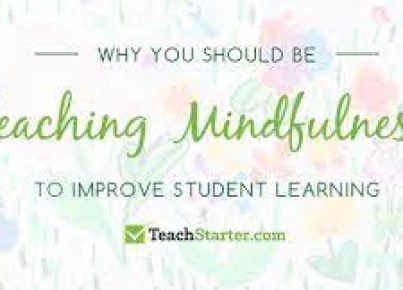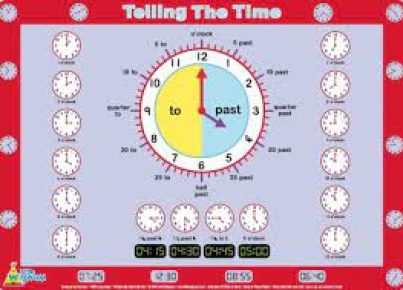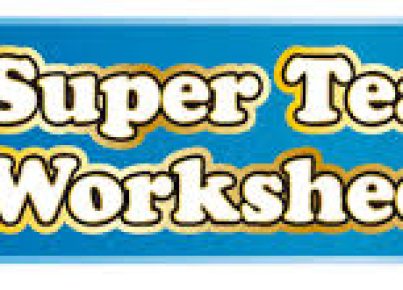The introduction of the new Key Stage 3 curriculum has been met with positive responses from educational leaders across the nation. With its flexibility and emphasis on personalized learning, the newest iteration of the curriculum aims to better prepare students for future academic and professional success. This new approach has garnered praise from teachers and school administrators alike, who are excited to embrace the changes it brings.
One of the most significant aspects of the new Key Stage 3 curriculum is its focus on flexibility. Unlike previous iterations, this curriculum allows schools and teachers to adapt learning goals and methods based on individual student needs. No longer forced to follow a rigid instructional path, educators can now make adjustments that benefit a diverse range of learners. This flexibility has been praised by many school leaders, who see it as an essential tool in enabling teachers to be more creative and personalized in how they approach their lessons.
In addition to increased flexibility, the new Key Stage 3 curriculum places a stronger emphasis on real-world connections. By engaging students with relevant content and experiences, education leaders believe this approach will help students become more engaged in their education while also gaining a deeper understanding of the world around them.
This shift toward more practical learning experiences has not gone unnoticed by teachers, who appreciate that this new framework allows for a wider range of resources and teaching materials. Consequently, there’s greater scope for incorporating technology, multimedia tools, and group projects into lesson plans—creating more dynamic classroom environments.
Moreover, with its focus on core skills such as critical thinking, problem-solving, and teamwork, educators believe that students will become better prepared for success beyond the classroom. As a result, these skills are integral to most subject areas within Key Stage 3, providing students with ample opportunities to build upon them throughout their academic journey.
Educational leaders also appreciate how students have more control over their learning paths under the new curriculum. Pupils can delve deeper into areas of particular interest and explore elective subjects alongside compulsory topics, empowering them to take ownership of their education and develop a sense of direction for their future endeavors.
The increased flexibility may also lead to improved teacher-student relationships, as educators have more opportunities to engage with individual students. This new approach fosters meaningful connections between teachers and pupils, which could ultimately result in an enriched educational experience and improved well-being for all.
In conclusion, the changes brought about by the new Key Stage 3 curriculum have been met with enthusiasm from educational leaders across the nation. The increased flexibility, emphasis on real-world connections, and focus on core skills have come together to create an engaging learning experience that stands to benefit students and teachers alike. As we continue to adapt and evolve our educational practices, it’s essential that we remain focused on fostering personal growth in our students to ensure future success─and the new Key Stage 3 curriculum is a significant step toward this goal.





